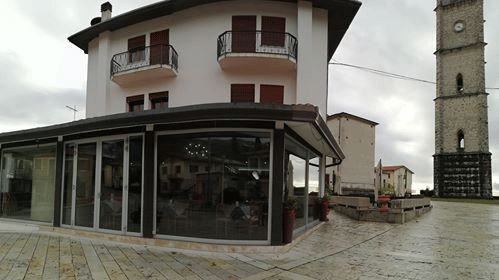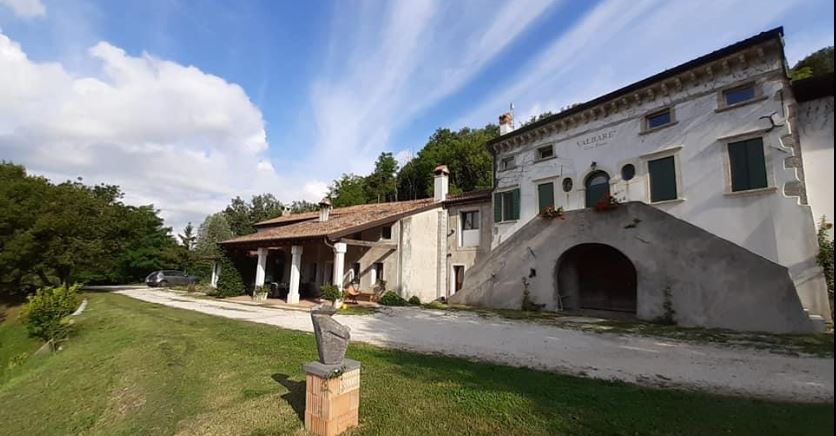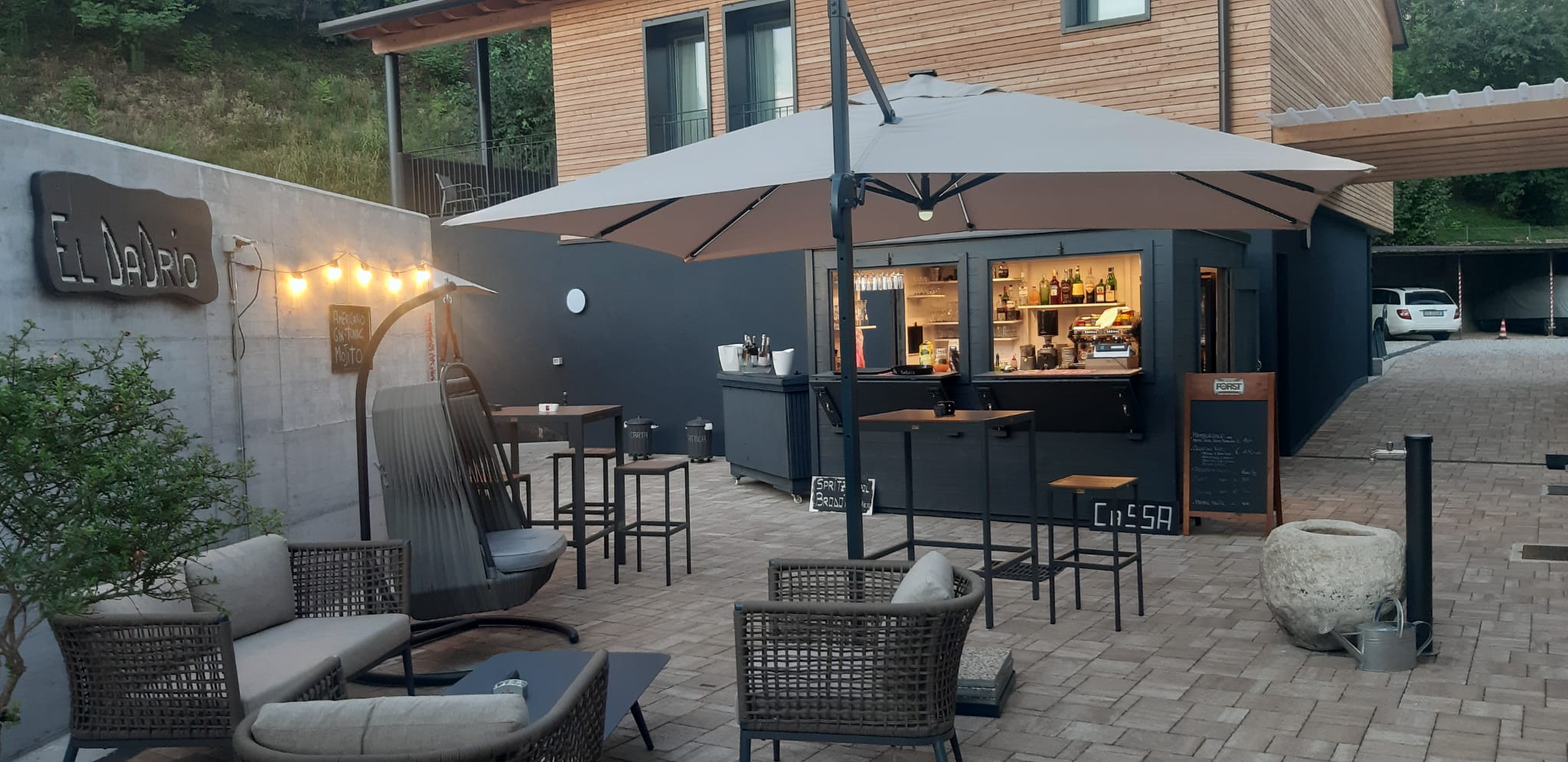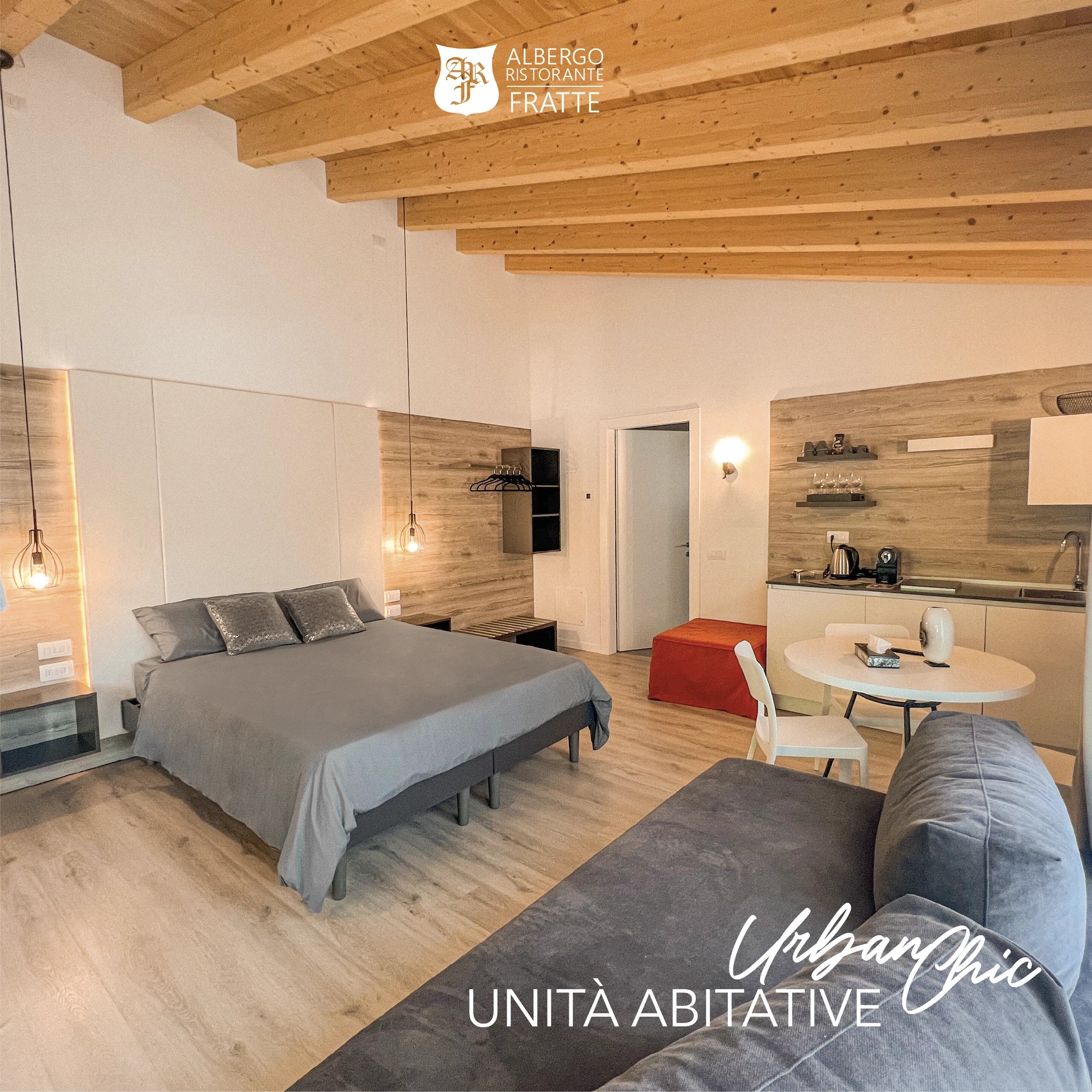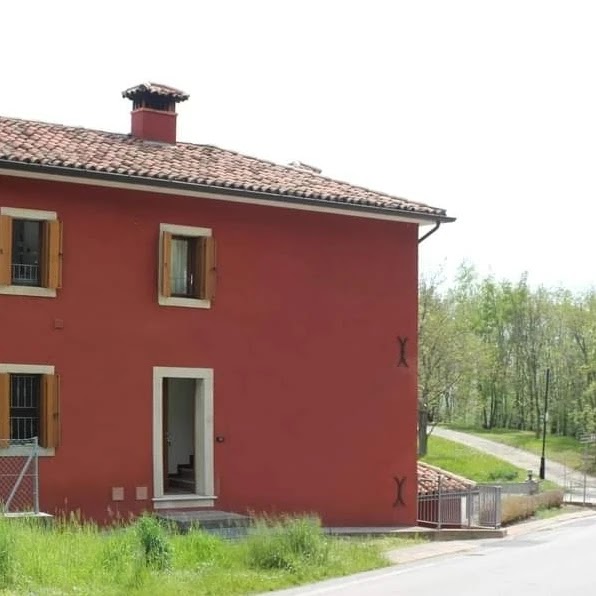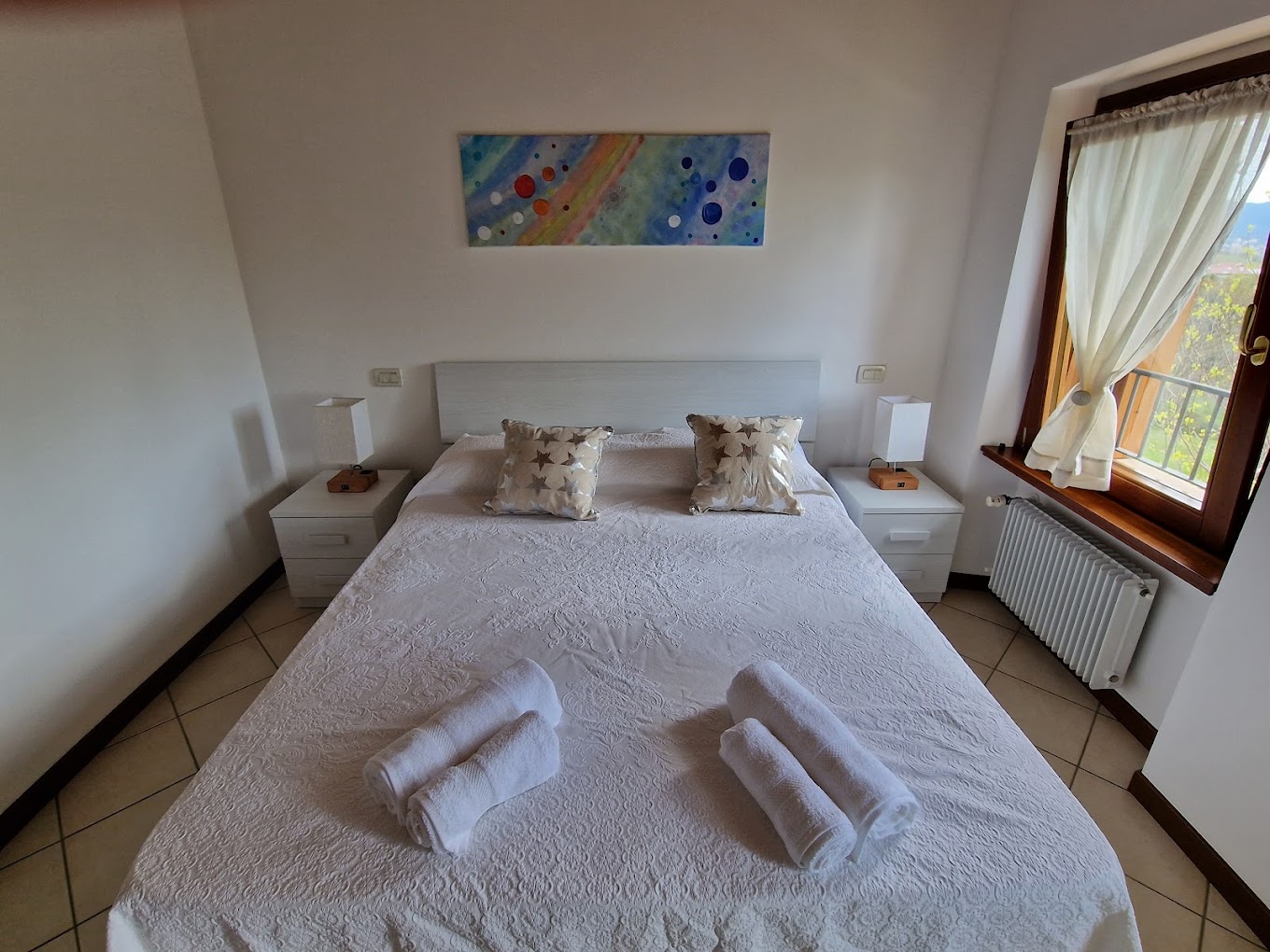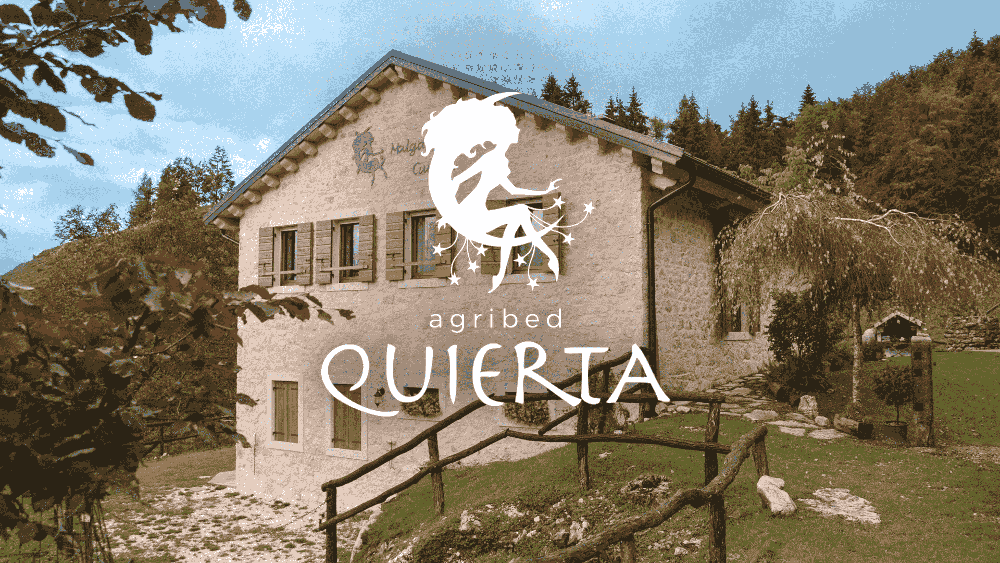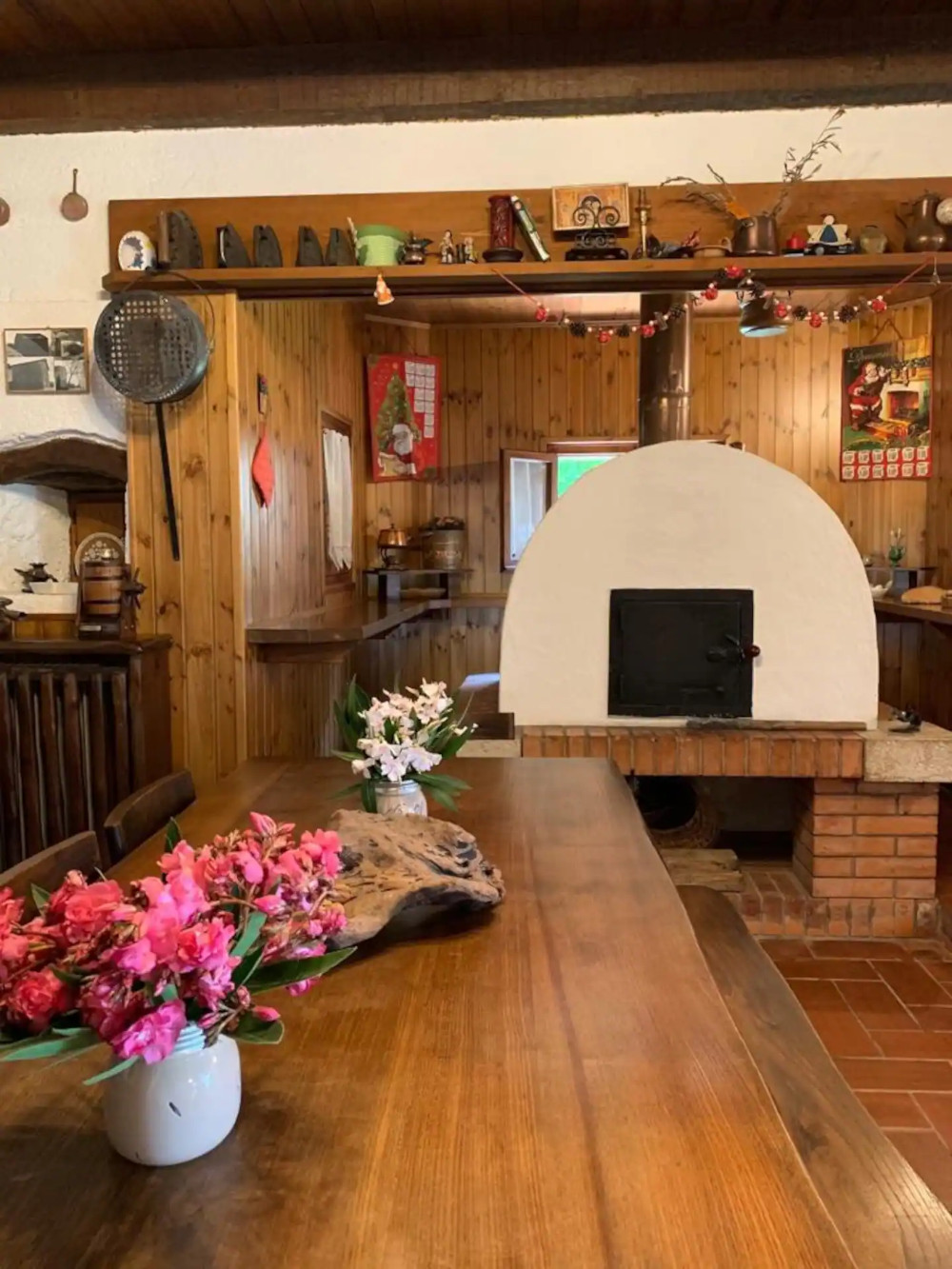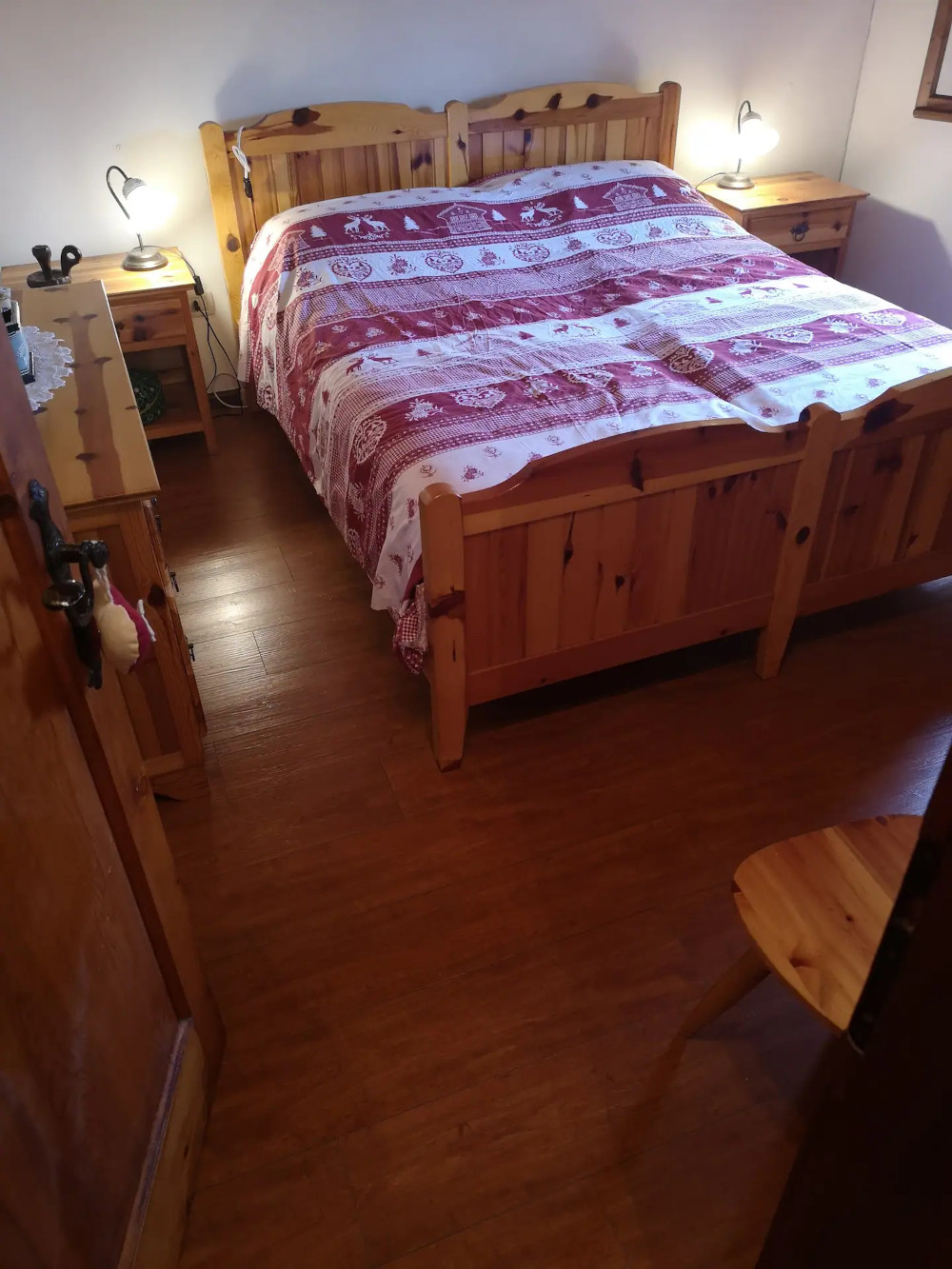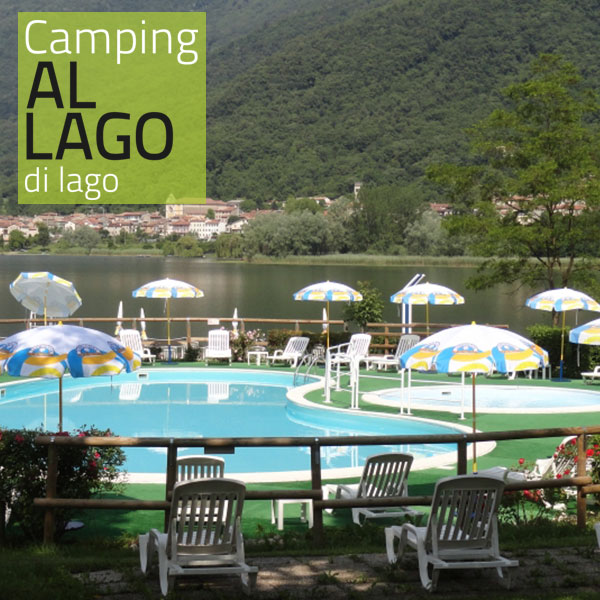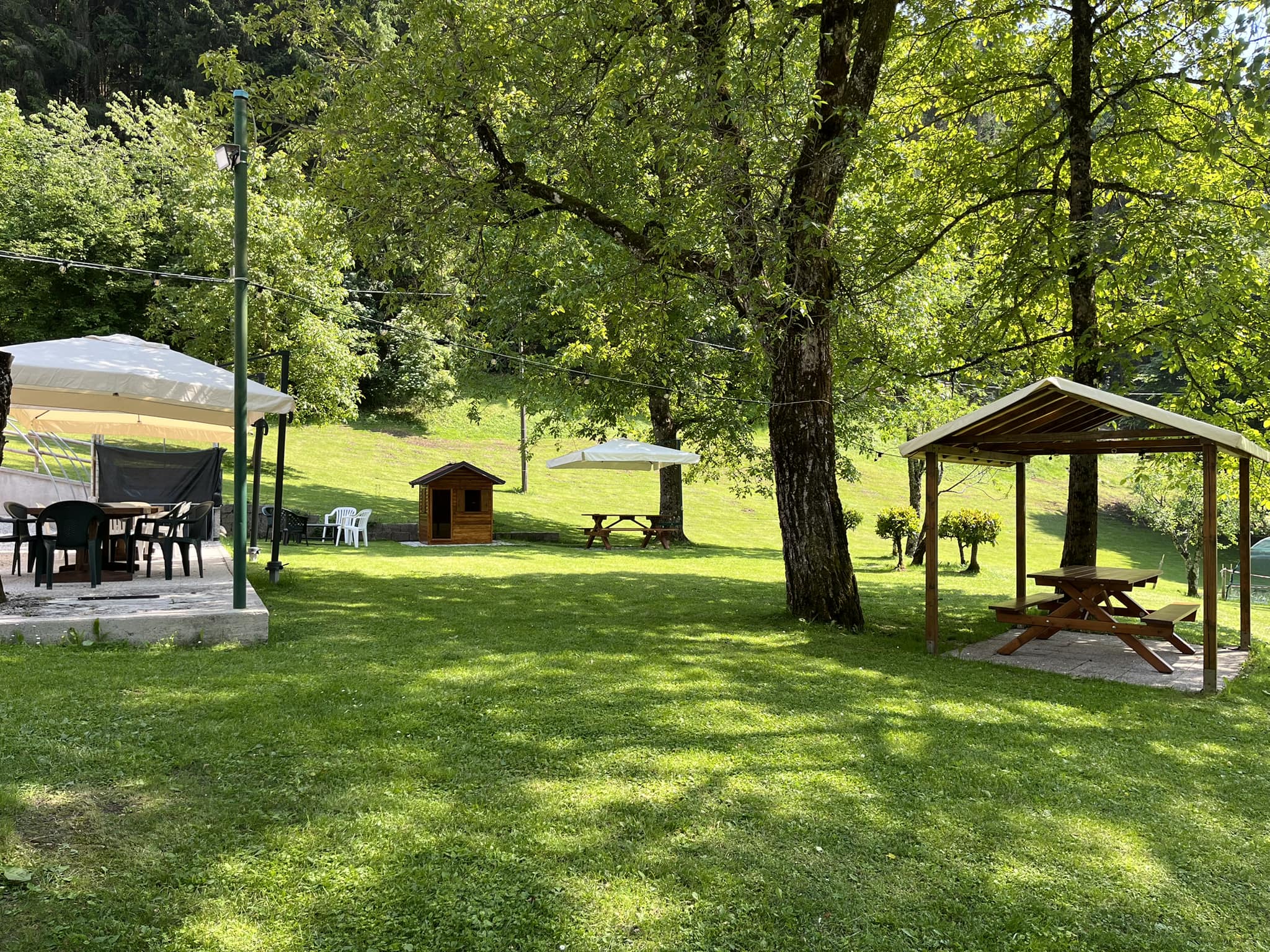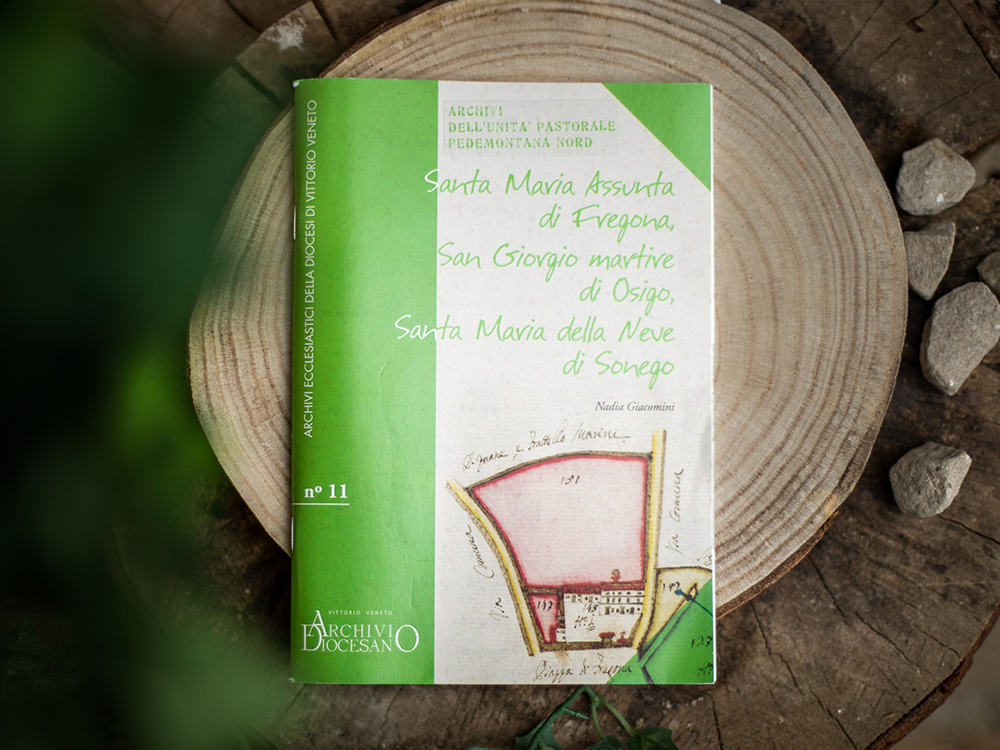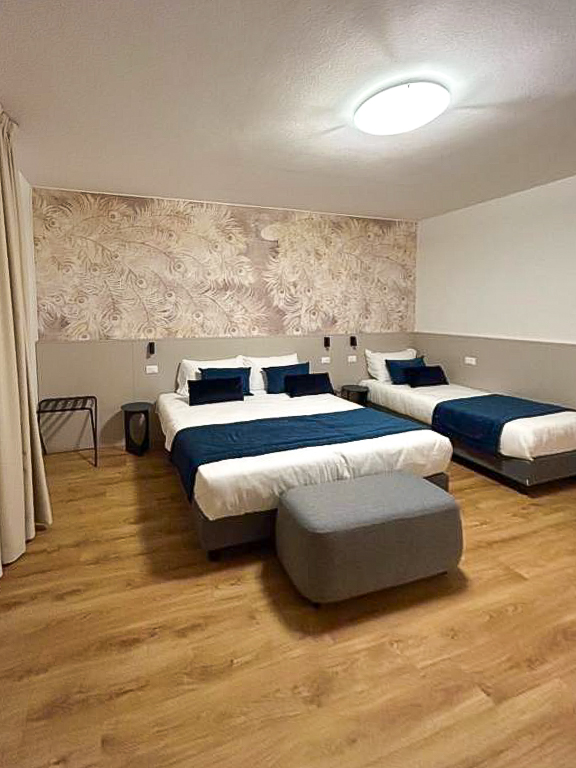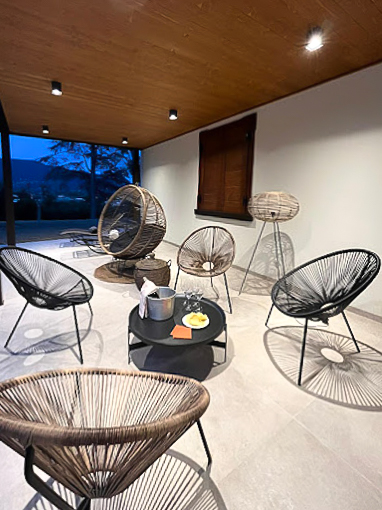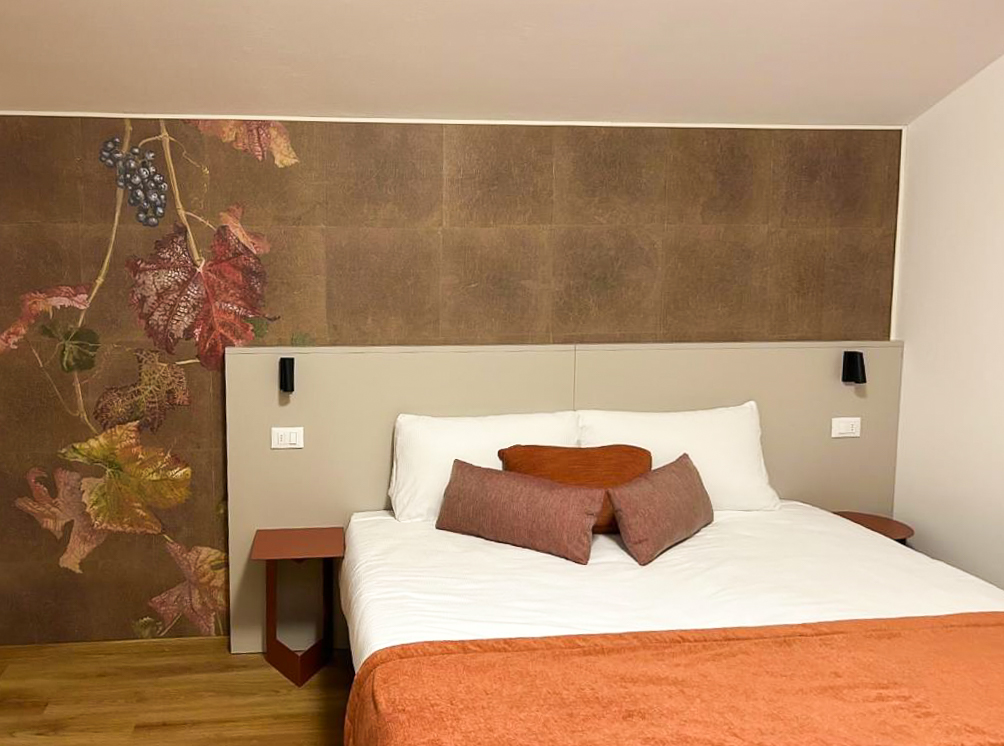Home -> Discover more -> Association Pro Loco di Fregona -> Statute
Statute
PRO LOCO FREGONA – APS
ART. 1
Denomination– Head office
1.1 Pursuant to the Civil Code and Legislative Decree 3 July 2017, n. 117 and subsequent amendments and additions (hereinafter "Third Sector Code"), an unrecognized association is established, with the aim of social promotion, with the name of "Pro Loco di Fregona APS" (hereinafter also just "Association" or “Pro Loco”).
1.2 The association was established on the 2nd of March 1975 with a notarial deed by Notary Giovanni Carlo Brusadin, Repertoire no. 33538, Collection no. 7853, has its registered office in the Municipality of Fregona, Via G. Marconi n. 6, Tax Code 84002160269 and has an unlimited duration.
1.3 The transfer of the address of the headquarters to the same municipality can be established by resolution of the Board of Directors and does not entail changes to the statute, except for the obligation to communicate to the competent offices.
1.4 The Pro Loco adheres to the National Union of Pro Locos of Italy APS (hereinafter UNPLI APS), through the relevant Regional Committee, whose Statutes it respects in their entirety, recognizing their binding nature.
ART. 2
Purpose and activity
2.1 The Pro Loco actively works in favor of the social and tourist development of the Municipality of Fregona and carries out its activities for the purposes of tourism promotion and the valorisation of the naturalistic, cultural, historical and social realities and potential of the territory.
2.2 The association has a non-profit purpose and pursues civic, solidarity and socially useful purposes, according to principles of democracy and equality through the exclusive or principal performance, in favor of its members, their family members or third parties, of one or more of the following activities of general interest, making prevalent use of the voluntary work of its members:
-
10.
- a) education, instruction and professional training, pursuant to law 28 March 2003, n. 53, and subsequent amendments, as well as cultural activities of social interest with educational purposes (pursuant to article 5, paragraph 1 letter d) of the Third Sector Code);
- 11.
- b) interventions and services aimed at safeguarding and improving environmental conditions and the prudent and rational use of natural resources, with the exclusion of the habitually carried out activity of collecting and recycling urban, special and dangerous waste, as well as the protection of animals and prevention of stray animals, pursuant to law 14 August 1991, n. 281 (pursuant to article 5, paragraph 1 letter e) of the Third Sector Code);
- 12.
- c) interventions for the protection and enhancement of cultural heritage and landscape, pursuant to legislative decree 22 January 2004, n. 42, and subsequent amendments (pursuant to article 5, paragraph 1 letter f) of the Third Sector Code);
- 13.
- d) organization and management of cultural, artistic and recreational activities of social interest, including activities, including editorial, for the promotion and dissemination of the culture and practice of volunteering and activities of general interest (pursuant to article 5, paragraph 1 letter i) of the Third Sector Code);
- 14.
- e) organization and management of tourist activities of social, cultural or religious interest (pursuant to article 5, paragraph 1 letter k) of the Third Sector Code);
- 15.
- f) organization and management of amateur sporting activities, (pursuant to art. 5, paragraph 1, letter t) of the Third Sector Code);
- 16.
- g) charity, distance support, free transfer of food or products pursuant to law 19 August 2016, n. 166, and subsequent amendments, or provision of money, goods or services to support disadvantaged people or activities of general interest (pursuant to article 5, paragraph 1 letter u) of the Third Sector Code);
- 17.
- h) promotion of the culture of legality, peace between peoples, non-violence and unarmed defense (pursuant to art. 5, paragraph 1, letter v) of the Third Sector Code);
- 18.
- i) redevelopment of unused public assets or assets confiscated from organized crime. (pursuant to art. 5, paragraph 1, letter z) of the Third Sector Code).
2.3 In particular, for the implementation of the aforementioned activities of general interest, the Pro Loco aims to:
-
11.
- a) carry out effective work to organize the locality in which it operates for tourism, proposing to the competent Administrations the aesthetic improvement of the area and all those initiatives aimed at protecting and enhancing the natural beauty and resources, the typical local productions, as well as the cultural, historical - monumental, artistic and environmental, activating every possible form of collaboration with public and private bodies;
- 12.
- b) promote and organise, also in collaboration with public and/or private bodies, initiatives (conferences, excursions, public shows, exhibitions, celebrations, historical and/or folkloristic events and re-enactments, carnivals, masked courses, dancing evenings, concerts, shows, walks, excursions, trips, sporting events, markets, festivals, fairs and/or other types of events, as well as social solidarity initiatives, environmental recovery, restoration and management of monuments etc.) that serve to attract and make the stay of people more pleasant tourists and the quality of life of residents and to encourage social aggregation and sustainable tourism;
- 13.
- c) develop hospitality, tourist and environmental education and global knowledge of the territory, and more generally raise awareness among the resident population of the tourism phenomenon;
- 14.
- d) stimulate the improvement of hotel and non-hotel infrastructure and accommodation;
- 15.
- e) take care of the regular performance of local services of tourist value by carrying out all those actions aimed at guaranteeing their widest functionality;
- 16.
- f) collaborate with the competent bodies in supervising the management of public and private services of tourist interest, verifying above all compliance with tariffs and proposing, if necessary, appropriate modifications;
- 17.
- g) take care of the information and reception of tourists, also through the management of the information offices provided for by the laws in force on the subject
- 18.
- h) promote and develop solidarity and volunteering as well as social aggregation through activities in the social and volunteering sector for the benefit of the local population (specific tourist proposals for the elderly, planning and creation of social spaces intended for education, training and to the leisure of minors, initiatives involving the various components of the local community also aimed at eliminating any pockets of marginalization, organization of tourist-educational itineraries for school groups, exchanges to and from abroad to promote knowledge of the territory, culture of the same also reconnecting the values of our territory and our culture with those of emigrants residing abroad), reactivating a connection also with the people who have emigrated.
- 19.
- i) carry out or participate in events of particular historical, artistic and cultural interest, linked to the customs and traditions of the local community, also through the valorisation of intangible assets.
- 20.
- j) activate the planning of initiatives and services, in line with the provisions and calls for regional, national and community policies;
2.4 For organizational purposes, the Association may acquire, through ownership, rental or free loan, structures and equipment suitable for the purpose of its activity.
2.5 Furthermore, the Pro Loco may carry out different, instrumental and secondary activities with respect to activities of general interest, pursuant to and within the limits set by the art. 6 of the Third Sector Code. Their identification may be made upon proposal of the Board of Directors and approved in the Members' Assembly. If the Association carries out different activities, the Board of Directors must certify the secondary and instrumental nature of the same in the budget documents pursuant to art. 13, paragraph 6, of the Third Sector Code;
2.6 The Association can carry out food and drink administration activities for its members, in compliance with the regulations set out in the decree of 4 April 2001, n. 235 and subsequent amendments and additions.
2.7 The association can also carry out fundraising activities by requesting donations, bequests and non-reciprocal contributions from third parties - in order to finance its activities of general interest. The fundraising activity can also be carried out in an organized and continuous manner, through solicitation of the public or through the sale or provision of goods or services of modest value, using its own resources and those of third parties, including volunteers and employees, in compliance with the principles of truth, transparency and correctness in relations with supporters and the public.
ART. 3
Admission and number of members
3.1 The members of the Association are divided into Ordinary Members, Supporting Members and Meritorious Members.
3.2 Ordinary Members are those who pay the membership fee established annually by the Board of Directors.
3.3 Supporting Members are those who routinely make voluntary contributions in addition to the annual membership fee.
3.4 Meritorious Members are those who are designated as such by the Board of Directors for particular merits acquired for the Association.
3.5 Meritorious Members may be exempt from paying the annual fee.
3.6 The number of members is unlimited but, in any case, cannot be less than the minimum established by law. If, after incorporation, the number falls below the minimum required, the Association must promptly notify the Single National Registry Office and integrate the number within one year.
3.7 Natural persons who share its objectives and who participate in the association's activities of general interest with their work, skills and knowledge can join the association.
3.8 Anyone who intends to be admitted as an associate must submit a written application to the Board of Directors which it must contain:
3.
3.9 In the case of a minor, the application is signed by the person holding parental responsibility for the minor.
3.10 The Board of Directors decides on the application according to non-discriminatory criteria, consistent with the objectives pursued and the activities of general interest carried out.
3.11 The admission resolution must be communicated to the interested party and noted, by the Board of Directors, in the members' register.
3.12 The Board of Directors must, within 60 days, justify the resolution rejecting the application for admission and communicate it to the interested parties.
3.13 If the application for admission is not accepted by the Board of Directors, the person who proposed it may, within 60 days of communication of the rejection resolution, ask the Assembly or, where applicable, the Board of Arbitrators to rule on the application. In case of rejection of the application, the Assembly or the Board of Arbitrators, where established, decides on the applications not accepted, unless specifically convened, on the occasion of their next convocation.
3.14 The associate status is for an indefinite period. Admission to membership can be canceled only in the cases provided for by the art. 5. Memberships that violate this principle by introducing admission criteria that are instrumentally restrictive of rights or time limits are therefore not permitted.
3.15 The membership fee is non-transferable, non-refundable and non-revaluable.
ART. 4
Rights and obligations of members
4.1 Members have the right to:
– elect the associative bodies and be elected in them;
– vote in the Assembly, if registered for at least three months in the members' register and up to date with the payment of the membership fee;
– be informed about the association's activities and monitor their progress;
– frequent the association's premises;
– participate in all initiatives and events promoted by the association;
– contribute to the preparation and approve the activity program;
– be reimbursed from expenses actually incurred in the context of the association's activity and documented;
– take note of the agenda of the meetings,
– consult the company books and view the financial statements;
– receive Pro Loco publications.
4.2 For members who are minors, the right to vote is exercised, until they reach the age of majority, by the person holding parental responsibility for them..
4.3 Minor members cannot hold corporate positions.
4.4 Members have the obligation to:
– respect this Statute and any internal Regulations;
– maintain, in relationships with other members and third parties, behavior characterized by a spirit of solidarity, correctness, good faith and moral rigor;
– pay the membership fee according to the amount, payment methods and terms established annually by the Board of Directors.
ART. 5
Loss of associate qualification
5.1 The membership status is lost due to withdrawal or exclusion.
5.2 The member who seriously contravenes the obligations of this Statute, any internal Regulations and the resolutions of the associative bodies, as well as the Statute and internal Regulations of the UNPLI – APS, or causes material or moral damage of a certain severity to the association, may be excluded from the association upon proposal of the Board of Directors by resolution of the Assembly with secret vote and after having listened to the justifications of the interested party. The proposed exclusion resolution must be communicated in advance to the member who will be able to present their counterarguments to the Assembly, which must express its opinion within 60 days or in any case in the first available session. In the cases indicated below, the excluded member will not be able to resubmit an application for admission.
5.3 The member who is in arrears in the payment of the membership fee for more than two years can be excluded from the association by resolution of the Board of Directors, upon notification and unless he regularizes the payments of the previous fees within 30 days from the notification of the arrears.< /p>
5.4 The exercise of membership rights is suspended in the event of failure to pay the annual membership fee, even partially, within the terms and methods decided by the Board of Directors
5.5 The member can always withdraw from the association.
5.6 Anyone who intends to withdraw from the Association must communicate his decision in writing to the Board of Directors, who will note the withdrawal in the Members' Book.
5.7 The rights to participate in the association are not transferable.
5.8 Members who have ceased to belong to the association have no right to its assets.
ART. 6
Organs
6.1 They are bodies of the Pro Loco:
– the Assembly;
– the Board of Directors;
– the President and the Vice President;
– the Supervisory Body, where established;
– the Statutory Auditor, where deemed appropriate or when mandatory pursuant to the provisions of law in force;
– the Board of Arbitrators, where established;
– the Honorary President, where established.
ART. 7
Assembly
7.1 The Assembly is the sovereign body of the Association and is made up of all members. All those who have been registered in the members' register for at least 3 months and are up to date with the payment of the membership fee for the year in which the Assembly takes place have the right to vote in the Assembly.
7.2 Each member has one vote.
7.3 Each member may be represented in the Assembly by another member with the right to vote by means of a written proxy, also at the bottom of the notice of meeting. Only one proxy is permitted in the Assembly for each member present and entitled to vote. The art. applies, insofar as it is compatible. 2372, paragraphs 4 and 5, of the Civil Code.
7.4 The Assembly is convened by resolution of the Board of Directors and communicated to the members by written notice, also in electronic form, at least 10 days before the date set for the Assembly and must contain the agenda, the place date and time of the first call and the second call. In the absence of a formal call or failure to comply with the notice periods, meetings attended in person or by proxy by all members are equally valid. The call is communicated at the same time and within 10 days before the date of the meeting to the Bodies of the territorially competent Peripheral Joints to allow the sending of a representative.
7.5 The Assembly is chaired by the President of the association or, in his absence, by the Vice President or person elected as President by those present at the assembly itself.
7.6 The Assembly meets at least once a year to approve the financial statements.
7.7 The Assembly must also be convened when the need is deemed necessary or when a reasoned request is made by at least one tenth of the members.
7.8 The Assembly has the following powers:
– elects and revokes the members of the Board of Directors, the Supervisory Body, the Board of Arbitrators and the person in charge of the statutory audit of the accounts, where required and where mandatory pursuant to the provisions of law in force;
– approves the financial statements and the social budget where applicable;
– decides on the responsibility of the members of the associative bodies, pursuant to art. 28 of the legislative decree 3 July 2017, n. 117, and promotes liability action against them;
– decides on any extraordinary contributions;
– resolves on the exclusion of members;
– decides on amendments to the Articles of Association or the Statute;
– approves any regulations for the meeting's work;
– decides on appeals in the event of rejection of the application for admission of new members;
– resolves the dissolution, transformation, merger or split of the association;
– decides on the exercise and identification of any different activities pursuant to art. 2.5 of this Statute;
– decides on other objects attributed by law to its competence.
7.9 The Assembly is validly constituted on first call with the presence of half plus one of the members with the right to vote present, in person or by proxy and on the second call regardless of the number of members present with the right to vote, in own or by proxy.
7.10 The Assembly decides by majority vote. In resolutions approving the financial statements and in those concerning their responsibilities, the directors have no vote.
7.11 Special minutes must be drawn up of the assembly meetings and related resolutions signed by the President and the Secretary, which can be consulted by all Members at the registered office; any copies will be at the expense of the requesting member.
7.12 The Assembly for statutory amendments is valid on first call with the presence of two thirds of the members entitled to vote, on second call with the presence of half plus one of the members entitled to vote and the Assembly decides with the favorable vote of the majority of valid votes.
7.13 To decide on the dissolution of the association and the devolution of the assets, the favorable vote of at least 3/4 of the members is required.
7.14 Subject to approval of specific regulations, the possibility of Assembly meetings being held by teleconference or videoconference is permitted, provided that all participants can be identified and are allowed to follow the discussion and intervene in real time discussion of the topics addressed; If these requirements are met, the Assembly is considered to be held in the place where the President is located and where the Secretary of the meeting must also be located, in order to allow the drafting and signing of the minutes in the relevant book.
ART. 8
The Board of Directors
8.1 The Board of Directors operates in implementation of the will and general guidelines of the Assembly to which it responds directly and by which it can be revoked with reasons for serious reasons.
8.2 Anything that is not the exclusive responsibility of the Assembly or other associative bodies by law or statute falls within the sphere of competence of the Board of Directors.
8.3 The Board of Directors is responsible to the Assembly for operational management, implements the mandates and decisions of the Assembly and is invested with the broadest powers for the ordinary and extraordinary management of the Association, without prejudice to those that the law and the Statute attribute to the Assembly. In particular, it carries out the following activities:
– elect and dismiss, among its members, the President, the Vice President, the Secretary and the Treasurer;
– carry out the resolutions of the Assembly;
– formulate the associative activity programs on the basis of the lines approved by the Assembly;
– prepare the financial statement and any social budget, documenting the secondary and instrumental nature of any different activities carried out in the financial statement documents;
– propose any different activities and certify their secondary nature and instrumentality, compared to activities of general interest;
– approve the financial forecast and planning document for the financial year;
– decide on applications for new memberships
– submit proposals for the exclusion of members to the Assembly
– decide on the annual membership fee and any extraordinary contributions
– decide on disciplinary actions against members;
– take care of the management of all movable and immovable assets owned by the association or entrusted to it;
– take care of the keeping of the company books under his responsibility;
– establish the maximum limits and conditions for reimbursements to volunteers of expenses actually incurred and documented for the activity provided pursuant to art. 17 of the legislative decree 3 July 2017, n. 117;
– approve the amount of compensation for any paid services that are necessary for the regular functioning of the APS's activities;
– set up commissions or working groups, in which members or experts, including non-members, participate, for the definition and concrete implementation of specific programs and projects.
8.4 The first Board of Directors is appointed in the articles of association and, subsequently, by the Assembly of members.
8.5 The Assembly elects the members of the Board of Directors from among the Members, to whom the art. applies. 2382 Civil Code regarding the causes of ineligibility and forfeiture. Article 2475-ter of the Civil Code applies to directors' conflicts of interest.
8.6 The Board of Directors is made up of 11 members, which is such as to ensure a balanced representativeness of the members.
8.7 The members of the Board of Directors remain in office for four years and can be re-elected.
8.8 The Board of Directors is chaired by the President or, in his absence, by the vice-president or, in the absence of the latter, by a member elected for the purpose by the Board of Directors.
8.9 The Board of Directors normally meets at least four times a year, or when the President deems it appropriate or following a written request from at least two thirds of the members of the Board of Directors. The notice is sent in writing, even in electronic form, 5 days in advance and must contain the agenda, place, date and time of the meeting. In the absence of a formal call or failure to comply with the notice periods, the meetings attended by all members of the Board of Directors are equally valid. In cases of urgency, a call is permitted up to 24 hours before the date of the meeting.
8.10 Councilors who are absent for three consecutive sessions without justified justification will lose their office.
8.11 In the event of death, resignation, forfeiture or exclusion of councilors before the expiry of the mandate, the Board of Directors is integrated with the first among the non-elected candidates, who remain in office until expiry of the mandate of the Governing Council. In case of lack or exhaustion of the list of non-elected ones, or their unavailability, the assembly will proceed with the subrogation through election.
8.12 The Board of Directors expires where, due to death, withdrawal or resignation, the overall composition of the Board itself is less than half plus one of the total members. In this case, the Assembly, specifically convened by the outgoing President or the Vice President, provides for the renewal of the entire body by election within two months.
8.13 For the validity of the resolutions, the actual presence of the majority of the members of the Board of Directors is required. Resolutions are valid with the vote of the majority of those present; in the event of a tie, the President's vote prevails.
8.14 Special minutes must be drawn up of the board meetings signed by the President and the Secretary and approved from time to time by the Board itself, which can be consulted by all members at the registered office, upon formal request to the President.
8.15 Meetings or the participation of individual members of the Board of Directors can also be carried out via audio/video connection systems through remote communication tools (videoconference, teleconference), according to the methods defined with specific regulations. Voting by secret ballot is also permitted, in the cases provided for by the Statute and Regulations, through the use of a specific online voting platform, provided that security and encryption systems and the ability to preserve anonymity and confidentiality are guaranteed. security of the vote cast.
8.16 The power of representation attributed to directors is general, therefore, the limitations of this power cannot be enforced against third parties if they are not registered in the single national register of the Third Sector or if it is not proven that the third parties were aware of them.
ART. 9
President – Vice President
9.1 The President legally represents the association in internal and external relations, towards third parties and in court and carries out all actions that bind it externally.
9.2 The President is elected by the Board of Directors, from among its members, and can be reconfirmed.
9.3 He is authorized to collect and accept donations of any kind and of any type from public administrations, bodies, institutions and private individuals, issuing release receipts, as well as to stipulate all deeds and contracts relating to the association's activities.
9.4 The President remains in office as long as the Board of Directors and ceases upon expiry of the mandate, through voluntary resignation or through possible revocation, for serious reasons, decided by the Assembly, with the majority of those entitled.
9.5 At least one month before the expiry of the mandate of the Board of Directors, the President convenes the Assembly for the election of the new Board of Directors.
9.6 The President presides over the Assembly and the Board of Directors, carries out ordinary administration on the basis of the directives of these bodies, reporting to the latter on the activities carried out.
9.7 The Vice President is elected by the Board of Directors from among its members and replaces the President in all his duties whenever the latter is unable to carry out his functions.
9.8 The President may invite the Mayor of the Municipality or his Delegate or other authorities and experts to participate in the work of the Assembly and of the Board of Directors, without the right to vote.
ART. 10
Secretary and Treasurer
10.1 The Secretary and the Treasurer are elected by the Board of Directors from among its members.
10.2 The Secretary assists the Board of Directors, draws up the minutes of the relevant meetings, takes care of the preservation of the documentation regarding the life of the Pro Loco, ensures the execution of the resolutions and ensures the normal functioning of the offices.
10.3 The Secretary is responsible, together with the President, for keeping suitable documentation which shows the economic and financial management of the Pro Loco.
10.4 The Treasurer is responsible for the administrative and financial management of the Association relating to the financial year and the keeping of the accounting books. He takes care of the drafting of the financial statements and the economic planning document on the basis of the decisions taken by the Council. The Treasurer is given the power to operate with banks and post offices, including the power to open or extinguish current accounts, sign drawing checks, make withdrawals, endorse checks for collection and in any case carry out any and all operations relating to the tasks entrusted to him by the statutory bodies.
10.5 It is possible to entrust the two tasks to a single Councillor.
ART. 11
Control body
11.1 If the need arises, and in the cases provided for by law pursuant to art. 30 Third Sector Code, a monocratic control body is elected by the Assembly.
11.2 The supervisory body remains in office for four financial years and must be chosen from among the categories of subjects referred to in article 2397, second paragraph, of the civil code.
11.3 The supervisory body:
– supervises compliance with the law, the Statute and compliance with the principles of correct administration, also with reference to the provisions of the legislative decree of 8 June 2001, n. 231, if applicable;
– supervises the adequacy of the organisational, administrative and accounting structure and its concrete functioning;
– exercises tasks of monitoring compliance with civic, solidarity and social utility purposes;
– certifies that the social balance sheet, where prepared, has been drawn up in compliance with the guidelines referred to in article 14 of the legislative decree of 3 July 2017, n. 117. The social report acknowledges the results of the monitoring carried out.
11.4 The Supervisory Body has the right of access to the Association's documentation relevant to the fulfillment of its mandate. The Supervisory Body may at any time proceed, even individually, with inspection and control actions, and to this end, may ask the administrators for information on the progress of corporate operations or on certain affairs.
11.5 The Supervisory Body is invited to the meetings of the Board of Directors and in this case it can express its opinion on the topics on the agenda, without the right to vote.
11.6 The role of member of the Supervisory Body is free of charge, except for the reimbursement of actually documented expenses.
ART. 12
Legal audit of accounts
•ART. 13
College of Arbitrators
13.1 The Board of Arbitrators, if established, is made up of three members, chosen from among the members of the Pro Loco, elected by secret vote by the Members' Assembly. The college appoints the President from within itself by secret vote.
13.2 The Arbitrators have the task of checking compliance with the statutory provisions and judging in the event of a dispute between the members, as well as intervening in all further cases provided for by this Statute.
13.3 The Arbitrators remain in office for 4 years and do not expire in the event of the forfeiture of the Board of Directors. Members can be re-elected for up to two consecutive terms.
ART. 14
Honorary President
14.1 The Honorary President can be elected by the Assembly for exceptional merits acquired in activities in favor of the Pro Loco.
14.2 The Honorary President may be entrusted with representation duties and any contacts with other bodies by the Board of Directors.
ART. 15
Heritage and economic resources
15.1 The assets of the Association consisting of movable and immovable assets, including any revenues, annuities, proceeds, income, are used for carrying out the statutory activity, for the exclusive pursuit of its objectives.
15.2 The distribution, even indirect, of profits and operating surpluses, funds and reserves however denominated to founders, associates, workers and collaborators, administrators and other members of the corporate bodies is prohibited, even in the case of withdrawal or any other hypothesis of individual dissolution of the associative relationship.
15.3 The economic resources with which the Pro Loco provides for the functioning and carrying out of its business are:
9.
15.4 All income and proceeds from the Pro Loco activity are used and spent to achieve its objectives and cannot be divided and/or distributed (even indirectly) to Members.
15.5 Any profits or operating surpluses of the Pro Loco must be reinvested in favor of the institutional activities foreseen by the statute.
ART. 16
Financial balance sheet
16.1 The association must draw up the annual financial statement with effect from January 1st of each year.
16.2 It is prepared by the Treasurer, based on the decisions of the Board of Directors and is approved by the Assembly within 4 months of the end of the financial year to which the budget refers.
16.3 The financial statements must be filed with the single national register of the third sector within the terms and methods established by current legislation.
16.4 The financial statements, drawn up in compliance with current legislation, must truthfully and correctly represent the economic and financial performance of the association and are accompanied by all the documents required by the legislation itself.
16.5 The financial statements and the explanatory reports thereof must be posted at the registered office.
16.6 Where deemed appropriate and when mandatory pursuant to art. 14 of the legislative decree 3 July 2017, n. 117, the Association draws up, deposits the social balance sheet with the single national register of the third sector and publishes it on its website. The latter is prepared by the Board of Directors and is approved by the assembly within four months of the end of the financial year to which it refers.
ART. 17
Social books
17.1 The Association has the mandatory social books required by current legislation:
– members' book, kept by the Board of Directors;
– register of volunteers, who carry out their activities on a non-occasional basis;
– book of the meetings and resolutions of the Assembly, in which the minutes drawn up by public deed must also be transcribed, kept by the Board of Directors;
– book of meetings and resolutions of the Board of Directors, kept by the same body;
– the book of meetings and resolutions of the Supervisory Body, kept by the same body;
– the book of meetings and resolutions of any other associative bodies, kept by the body to which they refer.
17.2 All members up to date with the payment of membership fees have the right, upon written request to the President, to examine the membership books, at the registered office of the organisation, within 60 days from the date of the request made, on the days and at the times established by the President.
ART.18
Registration in the Single National Register of the Third Sector
18.1 In order to assume the status of social promotion association, the Association registers in the relevant section of the Single National Register of the Third Sector referred to in articles 45 et seq. of Legislative Decree no. 117/2017 and subsequent amendments, through its legal representative or the legal representative of the UNPLI - APS association network to which it belongs, providing the information referred to in article 48 of the same decree as well as the Ministerial Decree. n. 106/2020 and subsequent amendments and additions. It also registers in the Single Register all changes to the information provided, within the deadlines established by current legislation.
18.2 Once registered, the Association must indicate the registration details in its documents, correspondence and communications to the public.
ART. 19
Volunteers
19.1 Volunteers are people who by their free choice carry out, through the association, activities in favor of the community and the common good, making their time and skills available.
19.2 Their activity must be carried out in a personal, spontaneous and free way, without profit, not even indirectly, and exclusively for solidarity purposes.
19.3 Volunteers' activity cannot be remunerated in any way, not even by the beneficiaries.
19.4 Volunteers can only be reimbursed by the association for expenses actually incurred and documented for the activity performed, within maximum limits and under the conditions previously established by the Board of Directors: in any case, lump-sum expense reimbursements are prohibited. The expenses incurred by volunteers can be reimbursed in the manner and within the limits established by the art. 17 of Legislative Decree 3 July 2017 n. 117.
19.5 Being a volunteer is incompatible with any form of subordinate or self-employed employment relationship and with any other paid employment relationship with the association.
19.6 The Association must insure volunteers against accidents and illnesses related to carrying out volunteering activities, as well as for civil liability towards third parties pursuant to art. 18 of the legislative decree 3 July 2017, n. 117.
ART. 20
Workers
20.1 The association may hire employees or make use of self-employed or other work services, including those of its own members, only when this is necessary for the purposes of carrying out activities of general interest and pursuing the statutory objectives.< /p>
20.2 In any case, the number of workers employed in the activity cannot exceed 50% of the number of volunteers or 5% of the number of members
ART. 21
Dissolution and devolution of residual assets
21.1 In the event of cessation, extinction or dissolution of the association, the residual assets are donated, subject to the positive opinion of the Office of the Single National Registry of the Third Sector referred to in Article 45 Legislative Decree 3 July 2017, n. 117 or other competent body pursuant to the provisions in force and unless otherwise assigned by law, to other Third Sector associations with similar purposes and preferably operating in the same Municipality, in compliance with the provisions of the law in force.
21.2 The Assembly appoints one or more liquidators, preferably chosen from among its members.
ART. 22
Transitional provisions
22.1 The effectiveness of the inclusion of the acronym “APS” in the name of the Association, as well as the use in documents and correspondence and in any distinctive sign or communication addressed to the public of the indications of “APS”, “association of social promotion", are conditional upon the registration of the Association in the relevant section of the Single National Register of the Third Sector
ART. 23
Referral
23.1 For anything not expressly provided for by this Statute, by any internal Regulations and by the resolutions of the associative bodies, the provisions of the legislative decree of 3 July 2017, n. 117 and subsequent amendments and additions and by the national and regional provisions in force on the matter and, to the extent compatible, by the Civil Code.
Approved at the extraordinary shareholders' meeting on 04.08.2022



















